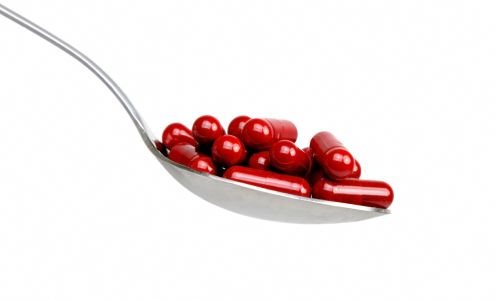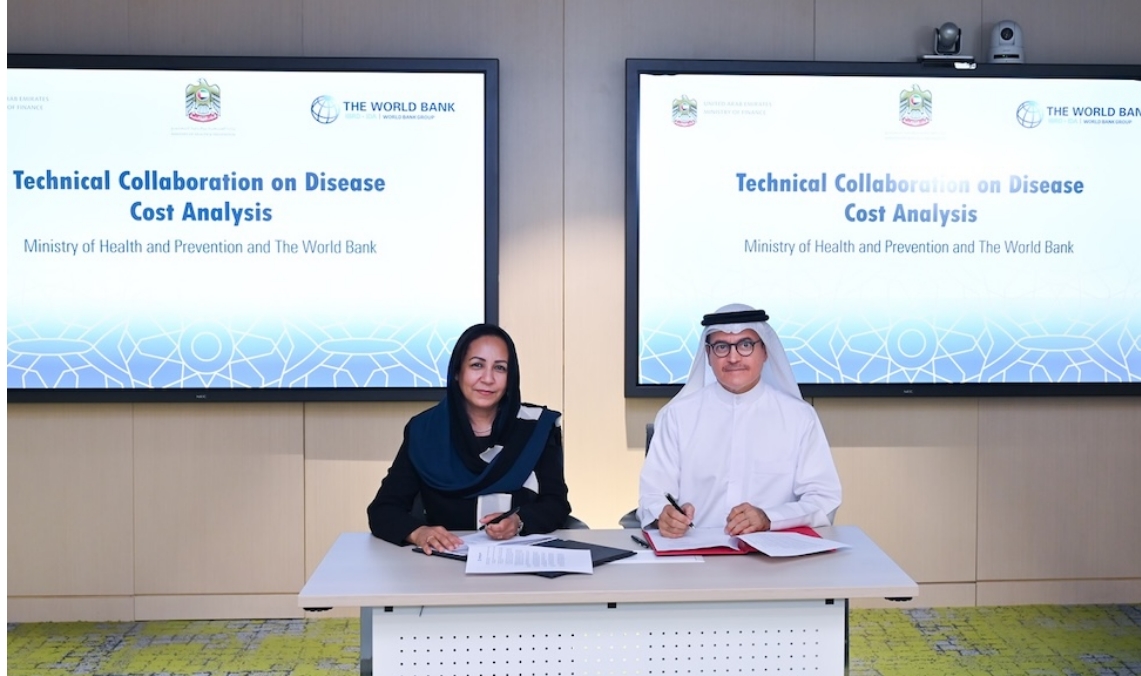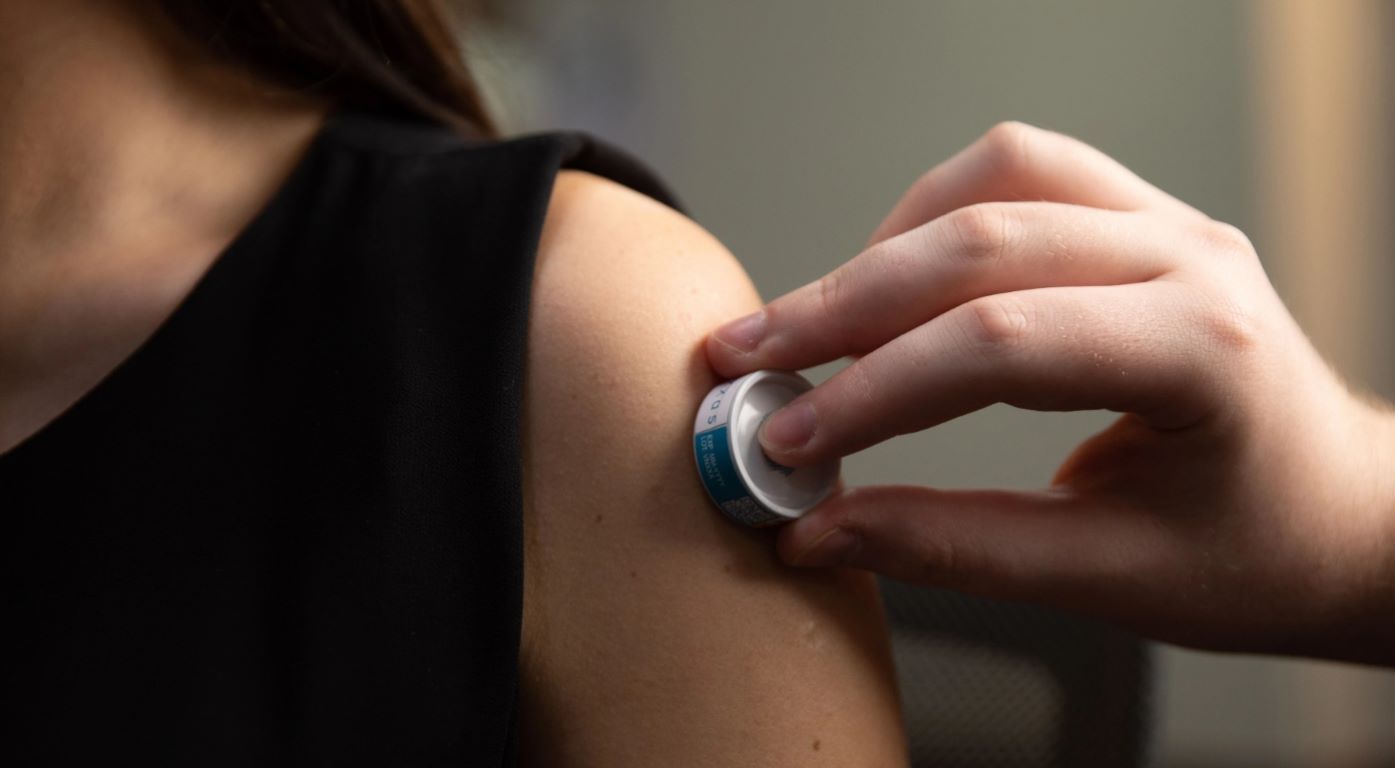Study shows effectiveness of MSD's Januvia
29 June 2012 | News | By BioSpectrum Bureau
Study shows effectiveness of MSD's Januvia

The study was published in Current Medical Research & Opinion
Singapore: A new study published in Current Medical Research & Opinion (CMRO) showed that people with type 2 diabetes who chose to fast during Ramadan and were switched to MSD's Januvia (sitagliptin) from a sulfonylurea (SU) experienced approximately half the risk of symptomatic low blood sugar (hypoglycemia) compared to patients who maintained treatment with an SU. A total of 85 episodes of symptomatic hypoglycemia were reported in both groups. In the sitagliptin group, 22 episodes were reported by 16 patients, and in the SU group, 63 episodes were reported by 31 patients.
"Hypoglycemia is a well-known risk associated with the daytime fasting required during Ramadan among individuals with type 2 diabetes," said Dr S R Aravind, director and chief diabetologist, Diacon Hospital, Bangalore, India. "Long gaps between meals along with certain diabetes medications, including SUs, are known to increase the risk for hypoglycemia. People with type 2 diabetes who make the personal decision to fast should undertake a medical assessment a few weeks before the start of Ramadan to review their overall health and individual treatment plan with their healthcare provider."
In the open-label study, the overall risk of symptomatic hypoglycemia was significantly decreased with sitagliptin compared to SUs.
"Januvia has an effect only when blood sugar levels are elevated and therefore has a lower risk of hypoglycemia than some other diabetes treatments when taken alone," said Dr Barry J Goldstein, vice president, Diabetes and Endocrinology, MSD.
Research has shown that episodes of severe hypoglycemia in people with type 2 diabetes are significantly higher during Ramadan than other months. According to estimates, more than 50 million people with diabetes worldwide (approximately 80 percent of whom have type 2 diabetes) fast during Ramadan.
Symptoms that may be caused by hypoglycemia include: confusion, dizziness, drowsiness, fast heartbeat, headache, hunger, irritability, sweating and weakness. It is important to prevent hypoglycemia because it can lead to severe medical consequences. If untreated, hypoglycemia can lead to loss of consciousness, convulsions, or seizures, which require emergency treatment.












